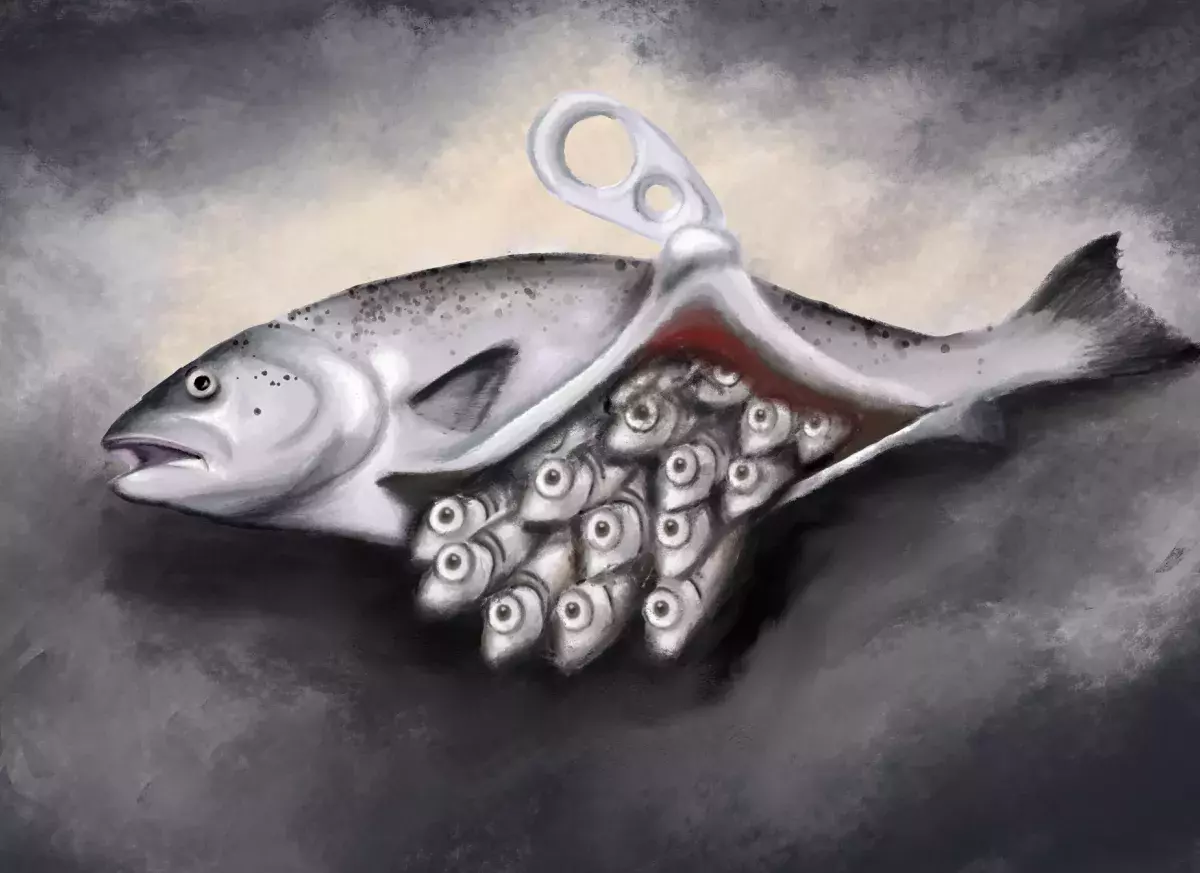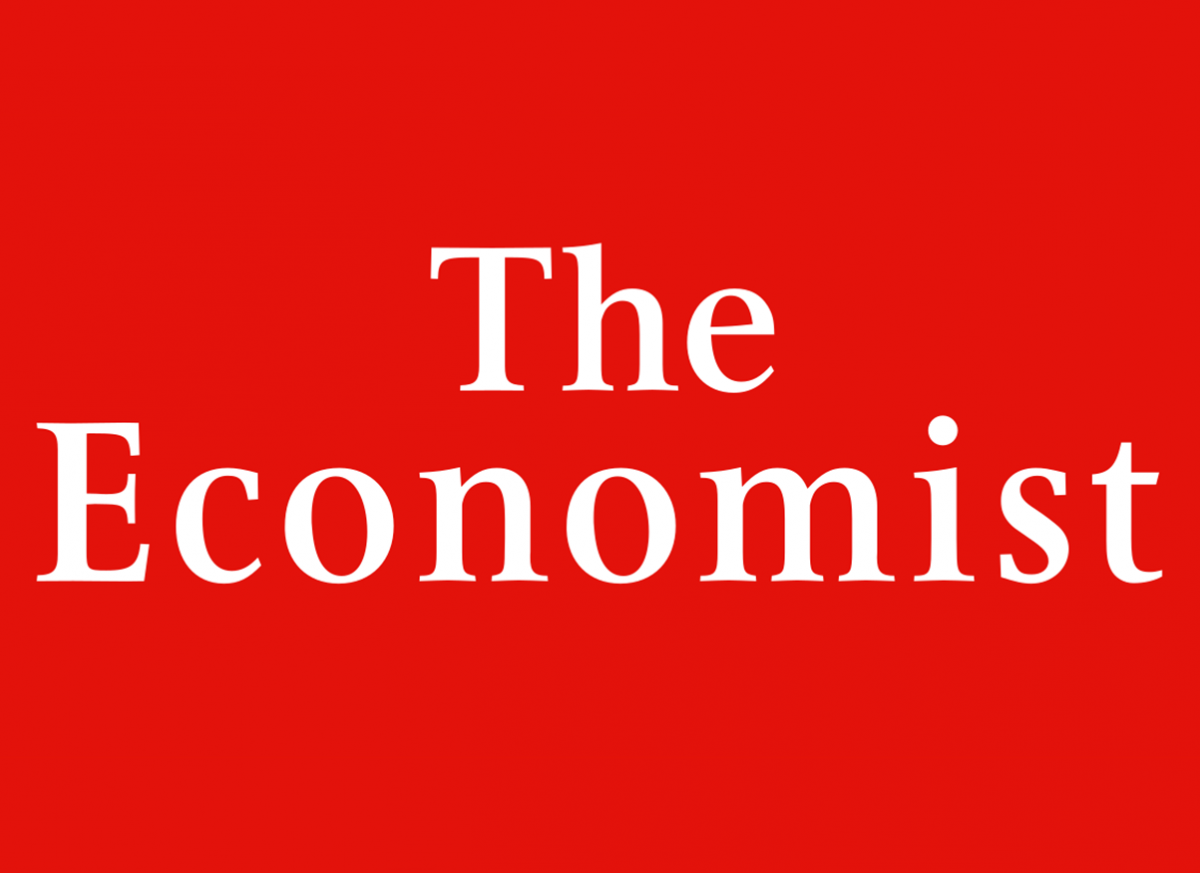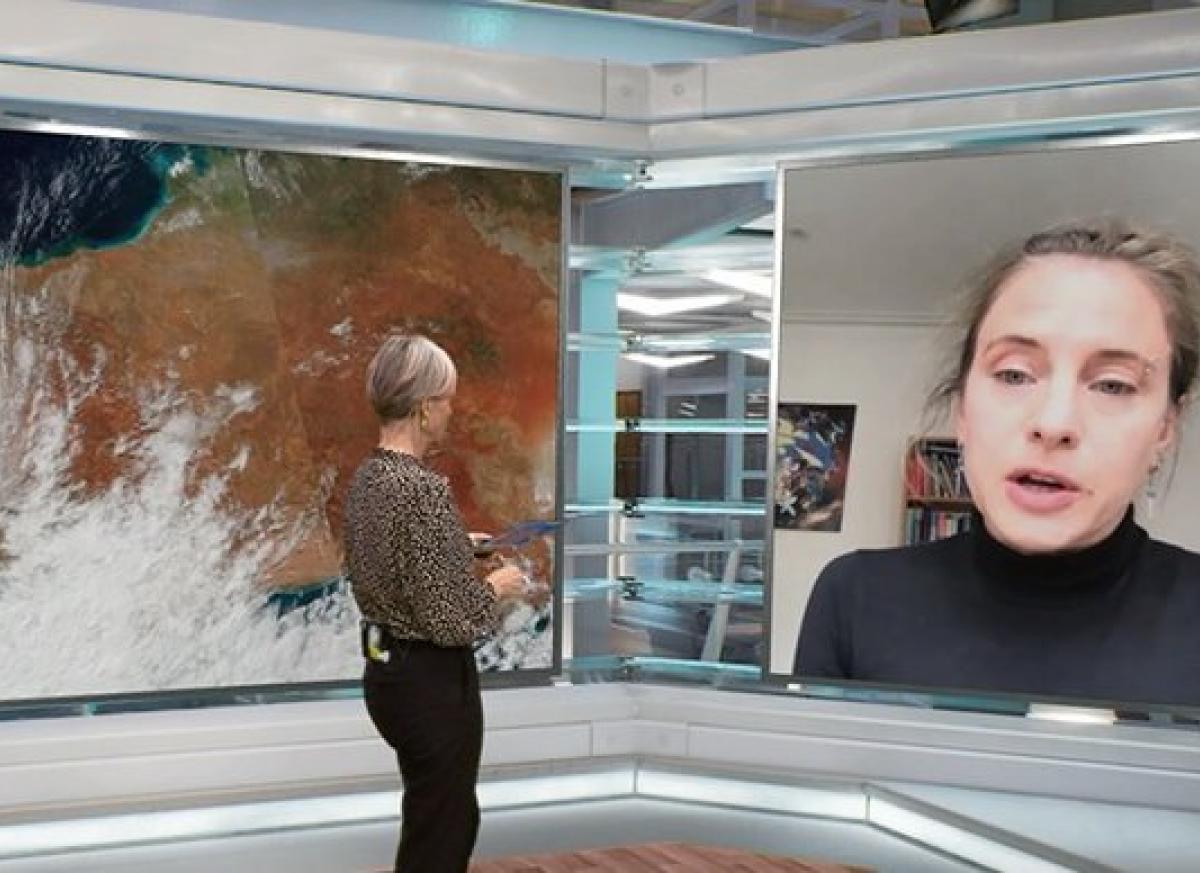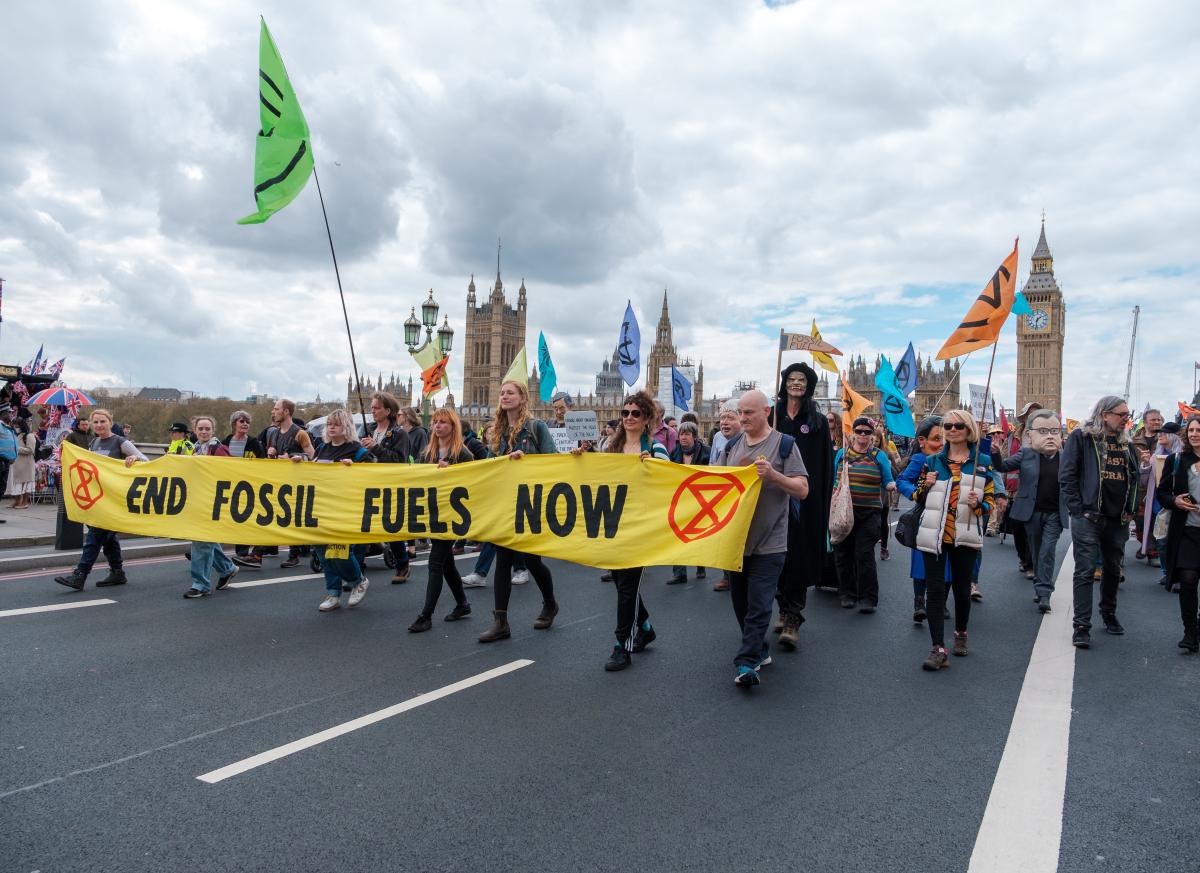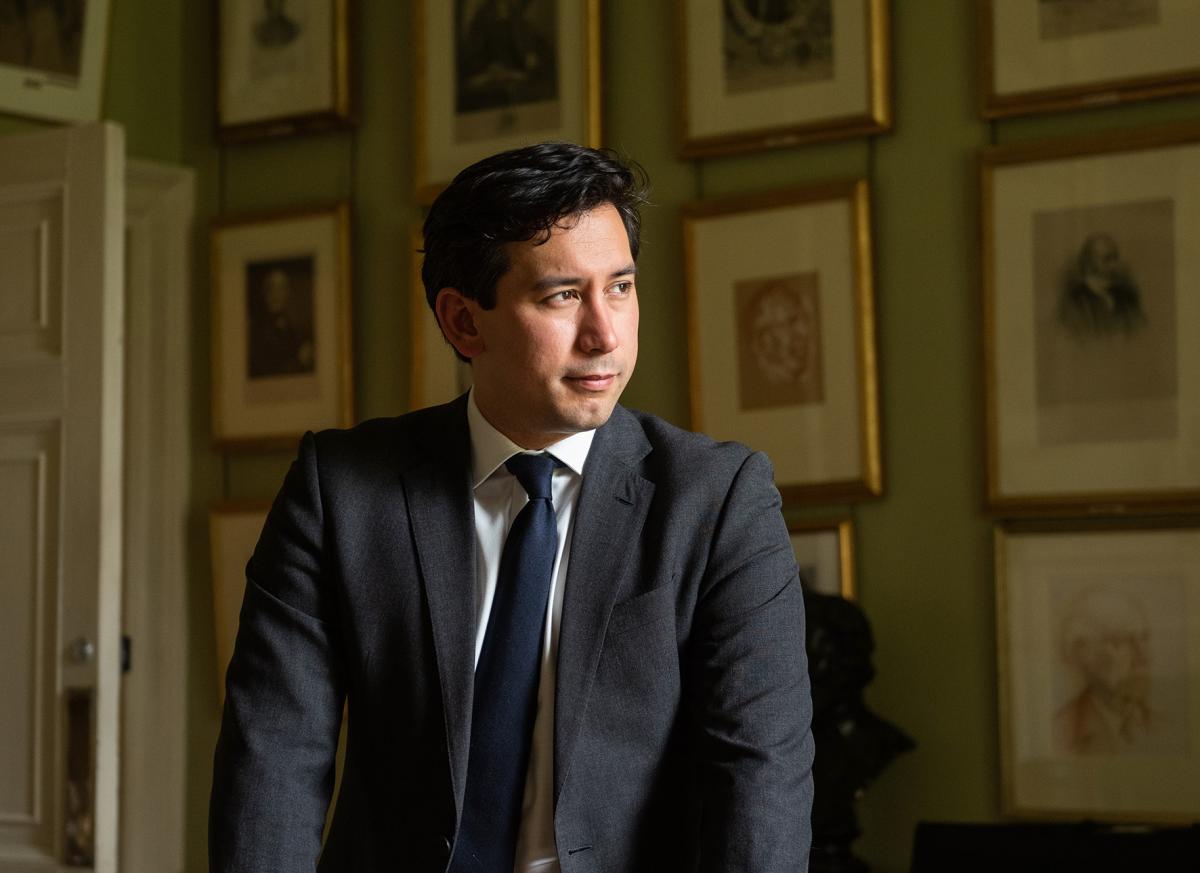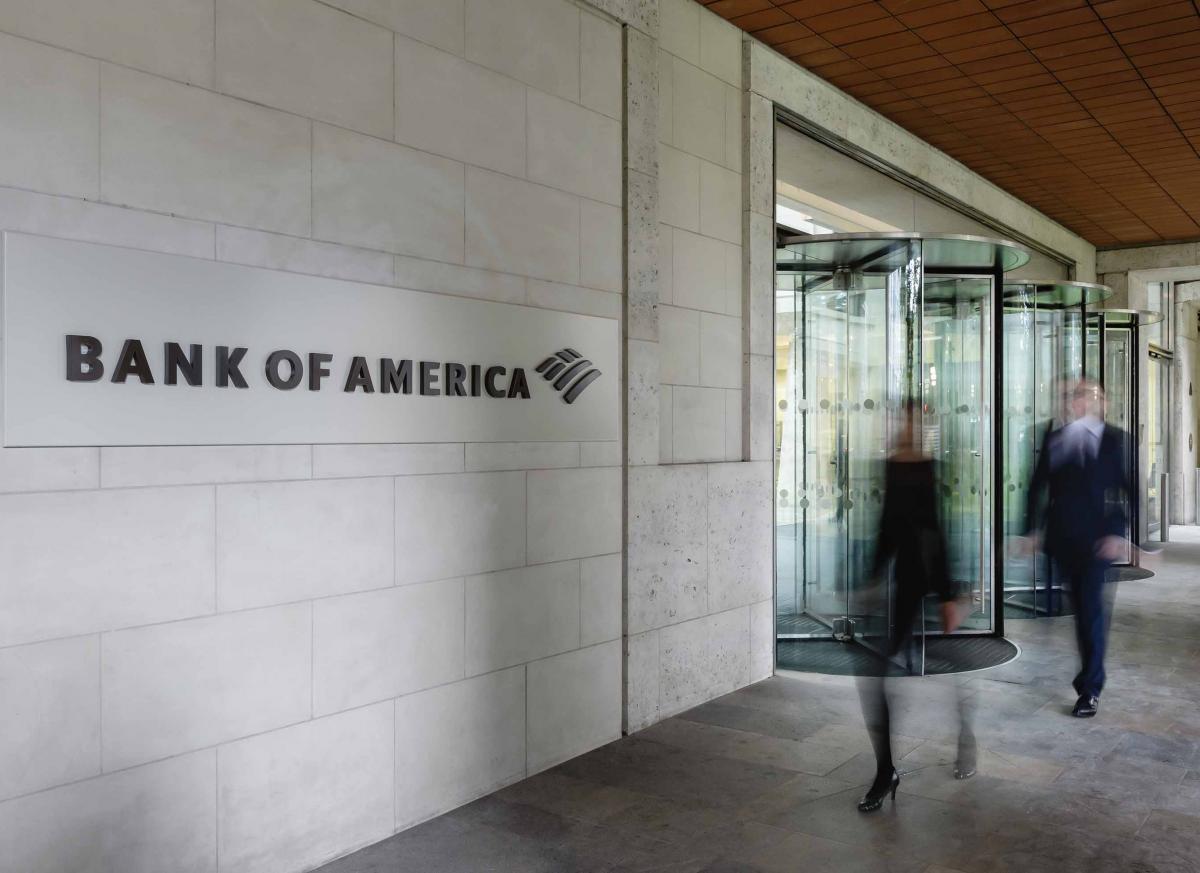News
Give a (Hu)man a fish– a tale of potential sustainability
Give someone fish and they will eat for a day - teach them to fish and they will build fish pens - and eat the ocean away.
Ukraine war, pandemic set to speed Europe's green energy transition, report finds
Most European Union countries have boosted their renewable plans since 2020, putting them on course to cut fossil fuel use this decade as the energy and COVID-19 crises have spurred, not derailed their green transition, Reuters reports.
"The recovery has been wildly inconsistent around the world," said Brian O'Callaghan, lead researcher at Oxford University's Economic Recovery Project, pointing to Australia, China and India as having relatively small shares of green COVID-19 recovery spending.
The problem of global energy inequity, explained by American refrigerators
"As renewables grow more widespread and affordable, it’s becoming increasingly possible to balance growth with sustainability. For cooling in India, Oxford University sustainable development expert Radhika Khosla told me, passive cooling methods, such as shading, natural ventilation, green roofs or reflective white roofs, and changing working schedules and hydration practices when possible will continue to be vital for people who can’t afford air conditioners or work most of the day outdoors."
Carbon markets are going global
Making carbon markets work better is more of a political challenge than an economic one... The difficulty is building and preserving support for measures that make most economic activities costlier. The same applies to other climate-friendly measures, notes Dr Ben Caldecott of Oxford University: Britain has long failed to raise petrol taxes in line with inflation, costing the government billions.
Radhika Khosla on Sky's Daily Climate Show
Recent heatwaves in India and Pakistan have seen temperatures rise to unprecedented levels. Dr Radhika Khosla discussed the knock-on effect the demand for cooling systems like air conditioning. "Right now most air conditioners that are being used are not even near half the level of energy efficiency that they could be," she said.
Companies need societal approval to operate
The interruption of Shell’s AGM in London this week by environmental activists – mostly from Extinction Rebellion (ER) – was an attempt to publicly shame Shell into dramatically improving its environmental performance.
Investors call for ‘double down’ on energy transition
The overhaul of the global energy system may represent the single biggest investment opportunity in history, reports the Financial Times.
However, as the energy transition becomes more urgent, responsible investors need to think less about these ratings and more about outcomes, says Dr Ben Caldecott.
“What do ESG scores tell us about anything?” he asks. “They are mainly measuring processes and policies — if a company has a policy in place against deforestation it will get a good score, even if it is deforesting.”
Dr Ben Caldecott recognised in ENDS Power List
The inaugural ENDS Power List includes Dr Ben Caldecott, Director of the Oxford Sustainable Finance Group as one of the 100 UK environmental professionals who have made the greatest impact in the past two years.
Greenhouse gas removal: How could it help the UK reach net-zero by 2050?
A mix of scientists, economists and government advisers met in London last week to discuss how removing greenhouse gases from air could help the UK hit net-zero emissions by 2050.
Professor Cameron Hepburn told the audience that scaling up these technologies would require “the establishment of a pretty big new industry in a pretty short timescale”.
UK Plans to Label Gas as a Green Investment to Replace Coal
The UK plans to allow some natural gas projects to be labeled as sustainable in its green investment rulebook due to be published later this year.
“Natural gas is not ‘green’ and its inclusion in the EU green taxonomy has completely discredited it,” said Dr Ben Caldecott. “We can have a robust, science-based green taxonomy that is adopted worldwide because it is trusted by the market, thereby supporting UK leadership in green finance, or we can end up with something that is irrelevant..."
Bank of America in key partnership with Oxford’s Smith School to support climate and sustainable finance research
Bank of America pledges £1.2m to the University of Oxford to support ground-breaking greenhouse gas removal and sustainable finance research at the Smith School of Enterprise and the Environment.
Ben Caldecott and Nathalie Seddon appointed to U.K. Climate Change Committee
Dr Ben Caldecott and Professor Nathalie Seddon have been appointed to the Adaptation Committee of the U.K.’s Climate Change Committee, an independent, statutory body established under the Climate Change Act 2008 to advise U.K. policy makers.

